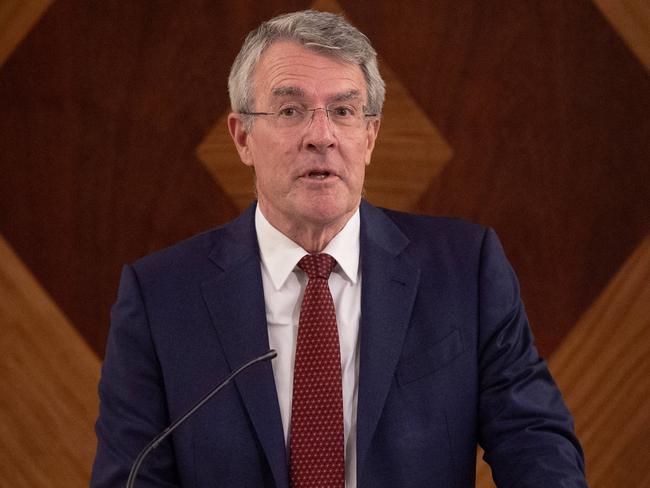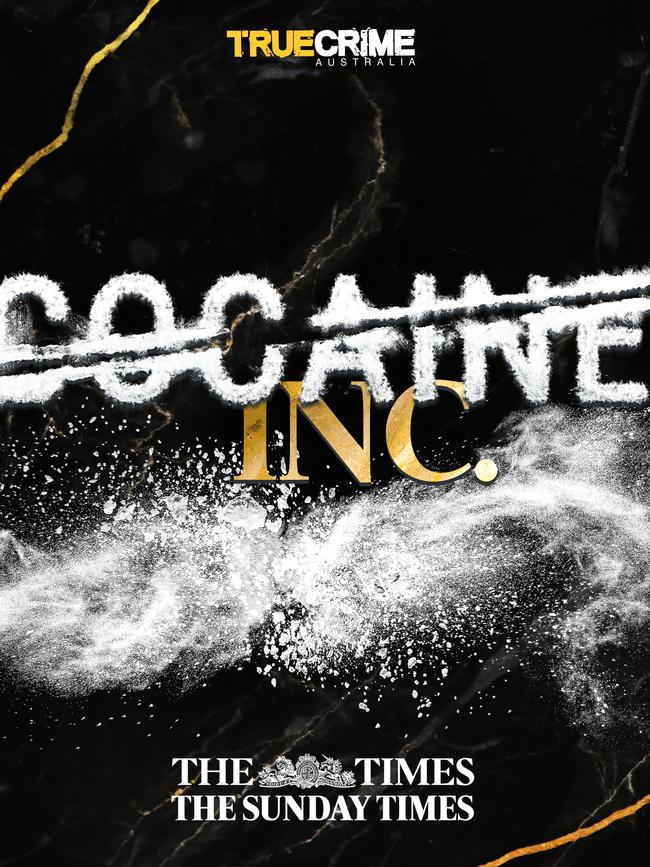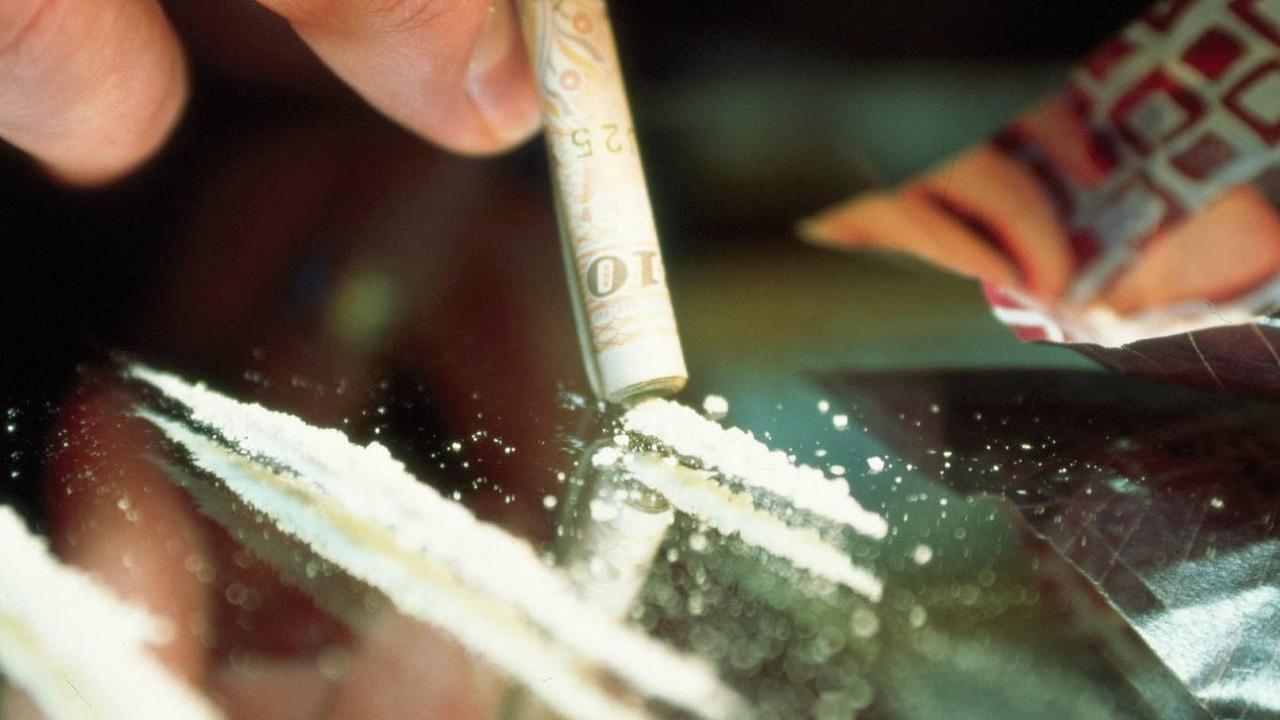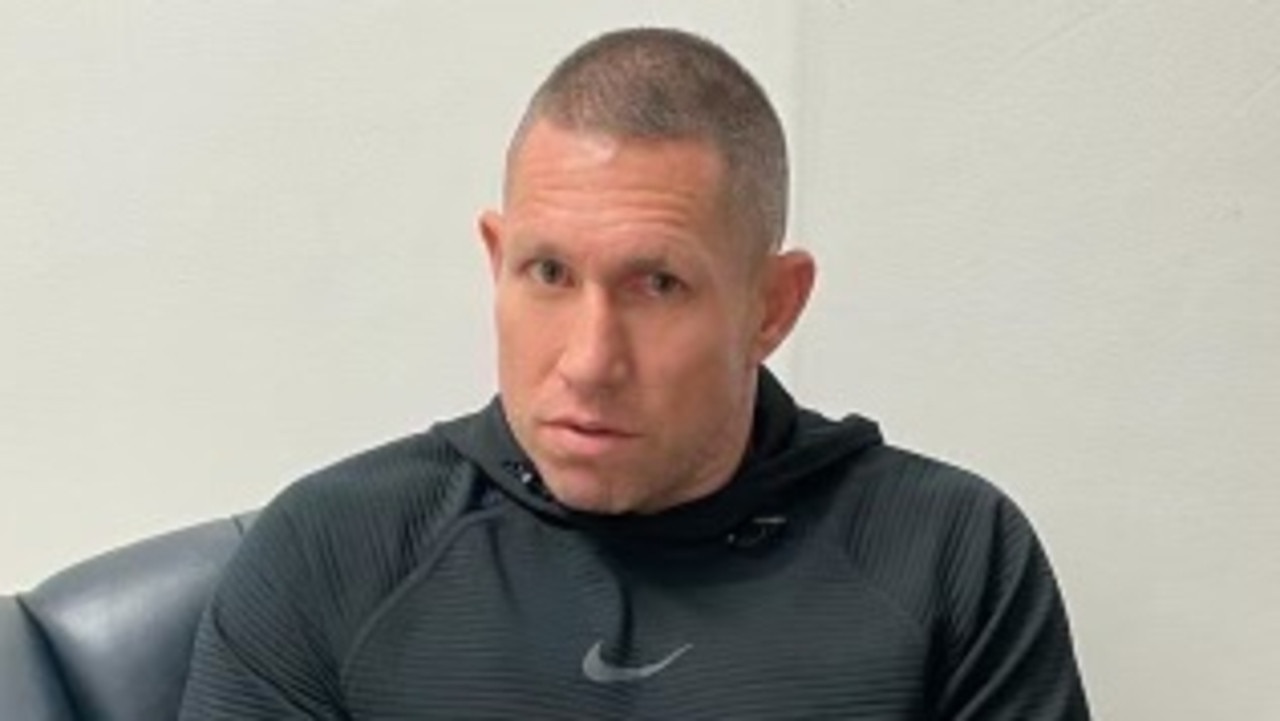Mark Dreyfus: Australia is losing $60 billion a year to organised crime
Attorney General Mark Dreyfus wants to target criminals’ illicit cash with tough new laws. See how the federal government wants to claw back billions from organised crime.
Cocaine Inc
Don't miss out on the headlines from Cocaine Inc. Followed categories will be added to My News.
OPINION
The Cocaine Inc. podcast produced by News Corp Australia and The Times shows how criminal gangs are exploiting our financial system to hide their profits.
Serious and organised crime costs Australia up to $60 billion each year. Money is hidden from police and the Tax Office and “laundered” through seemingly legitimate businesses.
This criminal abuse of our financial system funds some of the most serious crimes, including terrorism, drug trafficking and child exploitation.
Criminals are constantly looking for new ways to exploit our systems, and Australia needs to remain vigilant and harden our businesses against exploitation.

Services provided by real estate agents, lawyers, accountants and dealers in precious metals and stones (known as ‘tranche two’ sectors) are particularly vulnerable to misuse and exploitation. These entities are increasingly exploited by criminal networks to disguise and launder illicit wealth.
For example, the Australian Federal Police and Victoria Police investigated an organised crime syndicate’s access to firearms, large-scale drug importation and unexplained wealth, as well as threats to life. The investigation resulted in 52 people being charged with money laundering, proceeds of crime and other offences. Assets worth over $47 million were seized, including $43.5 million in real estate (60 properties), cars, a luxury yacht, jewellery and designer goods, and income generated from rental
properties.

Separately, an operation conducted by the Western Australia Police Force resulted in 15 suspects being charged with property laundering offences. An accountant was identified as acting as a professional facilitator for the suspects, and seized business records provided evidence that the accountant was involved in face-to-face discussions related to establishment of company and trust structures to protect assets.
Left unaddressed, Australia’s economy and systems will remain increasingly vulnerable to this type of criminal exploitation. It will weaken the overall integrity of Australia’s economy and encourage people smuggling, cybercrime, arms trafficking and other illegal and corrupt practices.
Listen to the Cocaine Inc. podcast below:
Sadly, due to the former government’s failure to act, Australia is falling short of meeting the standards required to combat criminal abuse of our financial system, and at increased risk of becoming a haven for money laundering
Australia was a founding member of the global watchdog, the Financial Action Task Force, but is now one of only five remaining countries out of more than 200 that do not regulate tranche two sectors.
As a result, Australia is at serious risk of being ‘grey-listed’ by the Financial Action Task Force – a step that would not only be damaging to our international reputation, but
result in significant economic harm to Australians and dramatically increase the risk that
Australia becomes a haven for moneylaundering in our region.
The Albanese Government is committed to taking action to strengthen our anti-money
laundering regime, after nearly of a decade of inaction by the former government.
We are currently consulting with businesses affected by these reforms to ensure Australia’s anti-money laundering regime can more effectively deter, detect and disrupt money laundering and terrorism financing and meet international standards.
We are working towards implementing the reforms needed to bring Australia’s money laundering standards up to date with the rest of the world. Last month’s Budget committed more than $160 million to AUSTRAC to support the reforms and help business to protect themselves from criminals seeking to exploit them.
The reforms are critical in protecting Australians and the Australian economy from the impact of transnational, serious and organised crime.
It’s time we gave criminals a run for “their” money.


